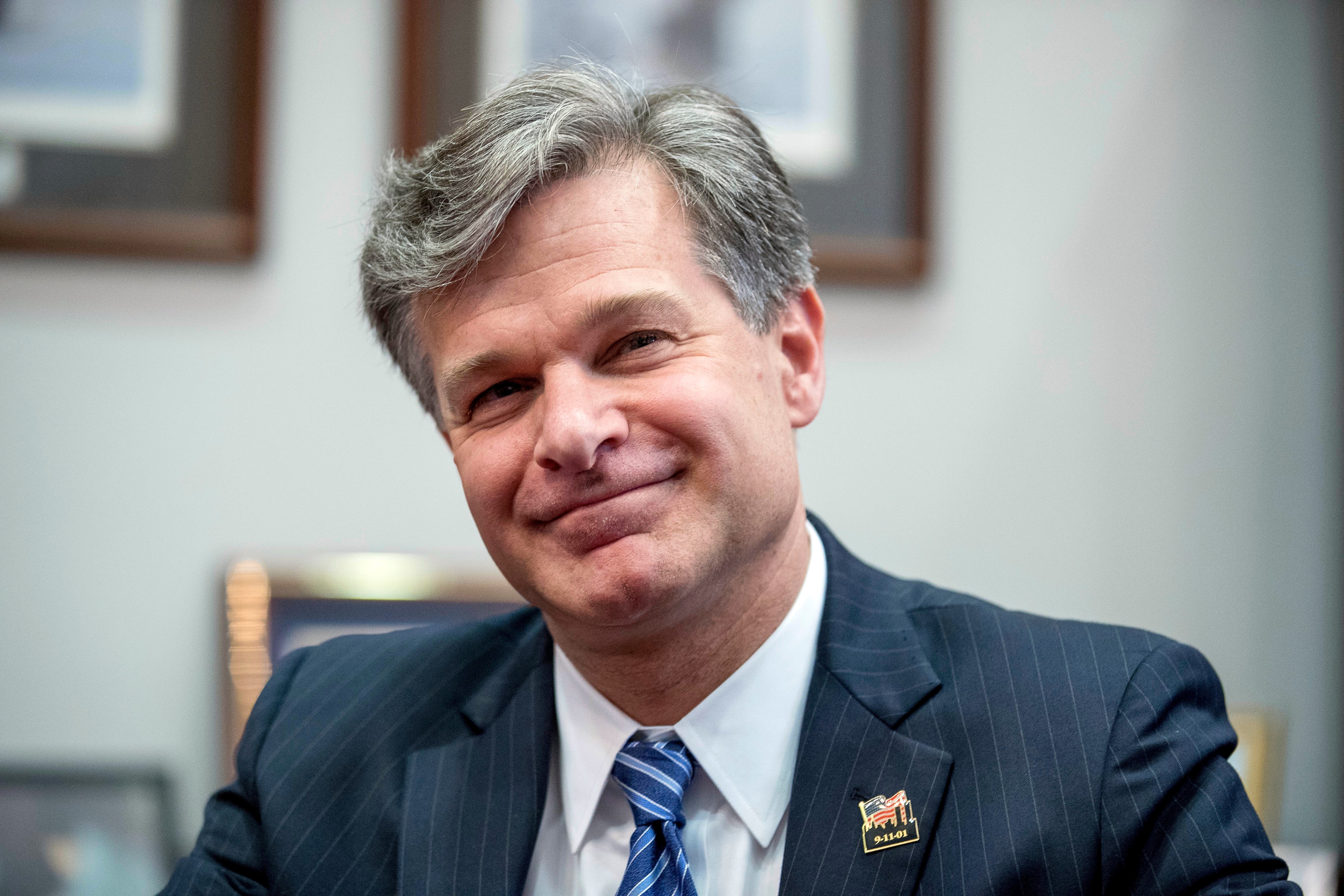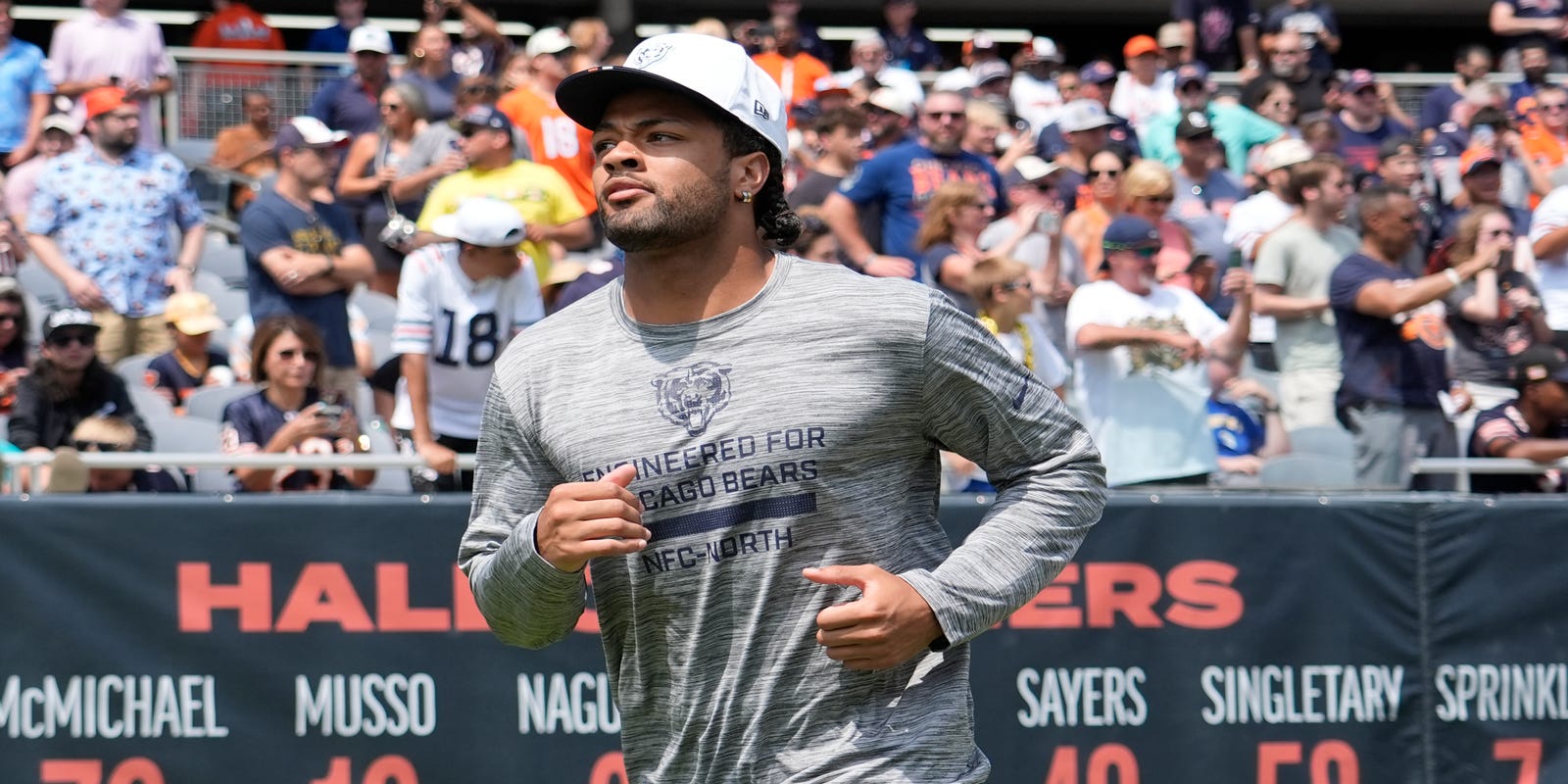
Rubio Confirms Bilingual Protest Understanding in Senate Hearing
Introduction
In a recent Senate hearing, Senator Marco Rubio affirmed his comprehension of bilingual protests, acknowledging their significance and the right to free speech. This development has sparked a crucial dialogue on the complexities surrounding language rights and the protection of diverse voices in public discourse.
Rubio’s Statement and Implications
During the hearing, Rubio stated, “I understand that some people may not speak English fluently, and I want to make sure that we are doing everything we can to accommodate them.” This acknowledgment is a pivotal step towards recognizing the diversity of voices within our society and safeguarding their right to participate fully in civic life.
Rubio’s statement has significant implications for future legislation and policies related to language access. It suggests a growing awareness among policymakers of the importance of providing equal opportunities for non-native English speakers to engage in public discourse and express their views.
Perspectives on Bilingual Protests
The issue of bilingual protests has generated diverse perspectives. Some argue that allowing protests in multiple languages promotes inclusivity and ensures that voices from all communities are heard. Others contend that such protests disrupt communication and undermine the common language that unites a society.
Those who support bilingual protests emphasize the need to recognize the linguistic diversity of the population and create a welcoming environment for all. They argue that restricting protests to a single language would disenfranchise non-native speakers and limit their ability to advocate for their concerns.
Opponents of bilingual protests, on the other hand, assert that English is the official language of the United States and should be used in all official proceedings. They maintain that allowing protests in multiple languages creates confusion and undermines the unity and cohesion of the nation.
Research and Evidence
Research has shed light on the impact of language barriers on political participation. A study by the Pew Research Center found that non-native English speakers are less likely to vote, run for office, or contact their elected officials compared to native English speakers.
Another study by the National Association for the Advancement of Colored People (NAACP) reported that language barriers can hinder access to vital government services, employment opportunities, and healthcare.
Balancing Language Rights and Social Cohesion
The challenge lies in striking a balance between protecting language rights and maintaining social cohesion. Allowing bilingual protests is a step towards promoting inclusivity, but it is also essential to ensure that communication remains effective and that a common language continues to unite the nation.
One potential solution is to provide simultaneous translation or interpretation services at public events to make proceedings accessible to non-native English speakers. This would allow for meaningful participation while preserving the unity of language.
Conclusion
Rubio’s confirmation of his understanding of bilingual protests is a significant development that highlights the need to address language barriers in public discourse. It is crucial to strike a balance that respects the right to free speech and ensures that all voices are heard, regardless of their language proficiency.
Further research and dialogue are necessary to explore different perspectives, evaluate the effectiveness of language access measures, and develop policies that promote inclusivity while maintaining social cohesion. By embracing language diversity, we can build a more just and equitable society that values the contributions of all its citizens.



